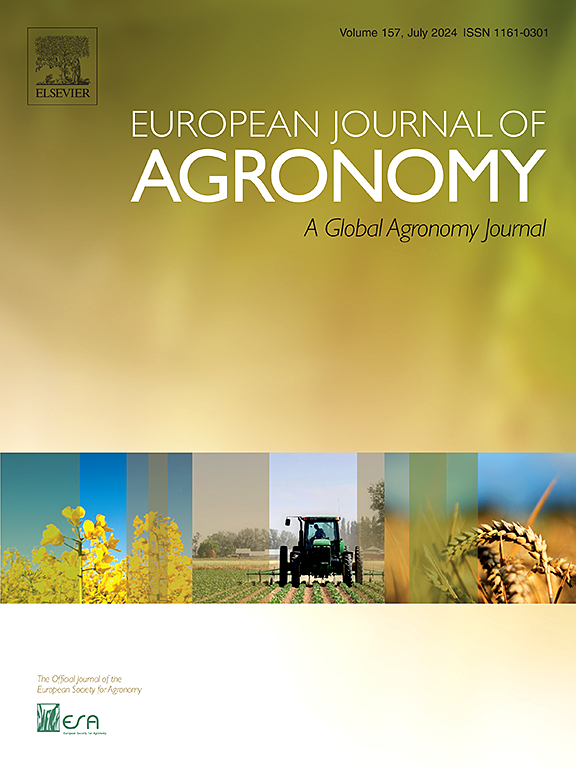Soil microbiome regulates community functions when using biochar-based fertilizers made from biodegradable wastes
Abstract
The disposal of biodegradable materials, particularly fruits and vegetables, has emerged as a critical environmental concern. Recycling the components of such wastes is paramount to preserving the natural environment. Incorporating biochar-based fertilizer (BCF) in agricultural practices can boost soil nutrient levels. Nevertheless, the effects of BCF derived from fruit and vegetable wastes on crops and soil microbiomes remain unclear. This study aimed to examine the ecological influences of substituting chemical fertilizers (CF) with BCF and organic fertilizer (OF) at three ratios based on a 3-year-maize-field experiment. The findings revealed that BCF substitution enhanced plant growth and community function comparable to that achieved with OF, with the optimum substitution ratio being 2 BCF: 1 CF. BCF and OF promoted maize yield by 2341 % and 23
39 %, compared to the CF treatment. The BCF and OF substitution strongly increased the microbial diversity regardless of ratios. And BCF substitution increased carbon- and nitrogen-use efficiency by 32
88 % and 53
105 %. Particularly, the soil nutrient indexes which driven the community assembly variation to be more stochastic, and relevant key species was closely associated with maize yield and nutrient utilization. Thus, biodegradable wastes could be recycled as fertilizers, paving the way for more sustainable agricultural practices.

 求助内容:
求助内容: 应助结果提醒方式:
应助结果提醒方式:


